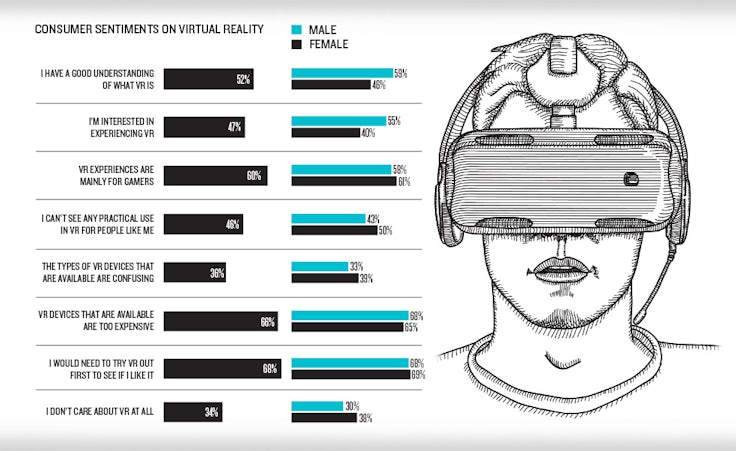Secret Marketer: Use experiences to break out of the commodity trap
As values and lifestyles change consumers are more interested in building a collection of experiences than material possessions.
It is unlikely that 19th century economist and sociologist Thorstein Veblen would have believed that he would still be relevant in the 21st century. He came up with the concept of ‘conspicuous consumption’ to describe how the nouveau riche spent their money to publicly show off their social status and prestige. Veblen and his theory came up recently during an off-site meeting with an external agency. You know the sort of engagement: one where we get to stay in a decent hotel and use words like ‘strategise’ and ‘alignment’.
We had a detailed discussion around commoditisation, and how it was a real threat to so many businesses – including our brand. This gave rise to an interesting discussion about using experiences as the way to break out of the commodity trap.
Veblen’s theory came under attack during the meeting, as it was pointed out that spending money on expensive things such as houses, cars, jewellery, etc are simply not as attractive any more owing to changes in values and lifestyles. The general lowering in cost and democratisation of things such as flights and travel, and, indeed, the 24/7 availability of items online means any vestige of exclusivity appears to have evaporated. One of the agency folks put it nicely, saying we are moving from what he called an “economy galvanised by necessity” to an “economy of desires”. I am sure he picked that up elsewhere, but it sure sounded good.
As we delved into spending data during the meeting, it turned out that we are buying experiences such as restaurants and travel as well as time with family and friends instead of ‘stuff’. And we’re telling everybody about it on social media, with a few well-chosen hashtags.
There is also a bit of a double-down as well. The consumer can go after experiences that bring people or communities together: witness the proliferation of festivals each summer, or the exponential growth of Airbnb, which is turning travel from being a dull night in an anonymous hotel to a keeping-it-real-with-the-locals social activity.
We are not about collecting more stuff, but building a collection of experiences, as these memories cannot be commoditised. It is an intriguing reminder of how subjective and flexible our notion of ‘status’ can be. Back to Veblen: you could argue that today, our status is gained from having a collection of experience that cannot be replicated – and which we can also put on Instagram.
But when brands are trying to build an experience to give customers memories they can share, in an effort to create something unique, where does that leave marketers? Will we need to up our brand experience game all the time? Perhaps that’s a topic for our next off-site.






